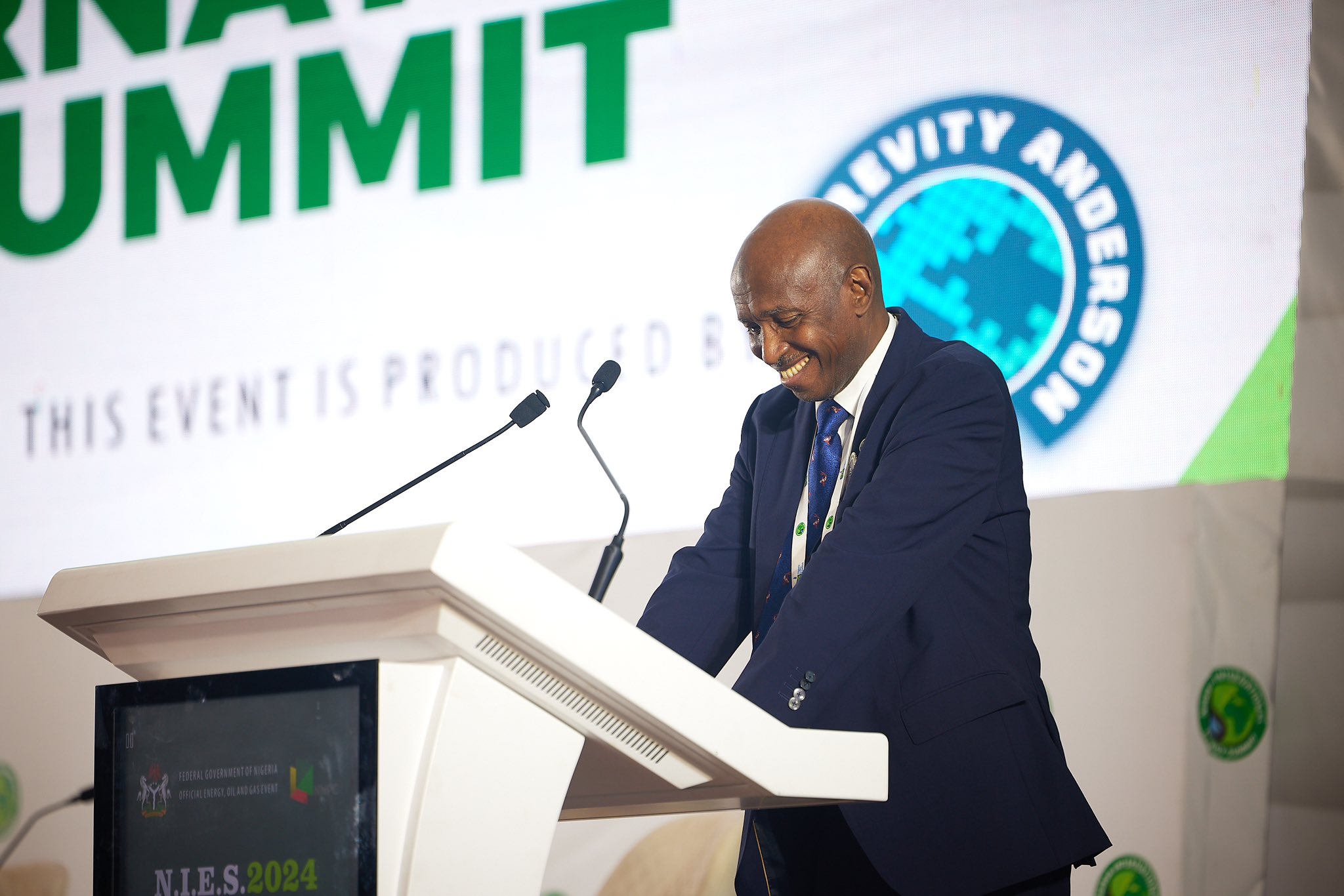The race to host the headquarters of the Africa Energy Bank, a new institution aimed at financing the continent’s energy sector, is heating up as seven countries compete to meet the criteria before the end of March.
The bank, which is expected to launch by June 30, 2024, is an initiative of the African Petroleum Producers Organization (APPO), a group of 18 oil and gas producing nations. The bank will have an initial share capital of $5 billion, and each member country of APPO is invited to subscribe $83.3 million, according to Omar Farouk Ibrahim, the secretary general of APPO.
The criteria to host the headquarters are: having an office building available, subscribing to the share capital of the bank, and signing a host government agreement, Ibrahim said at the Nigeria International Energy Summit in Abuja on Tuesday.
The seven countries that are in the running are Algeria, Egypt, Nigeria, Ghana, South Africa, Benin Republic, and Côte d’Ivoire. “This is a real competion,” Ibrahim said.
Ghana has been very aggressive in pursuing the bid and has met some or is working hard to meet all of the criteria, he noted. Nigeria, however, feels that it deserves to host the bank, as it had initially wanted to host the APPO headquarters, which went to Brazzaville, Congo.
The bank is part of APPO’s vision to create a new model for financing and growing the African energy industry. Ibrahim invited all stakeholders who believe in the role of oil and gas in providing a global energy mix to partner with APPO in its projects, which include the bank, the regional centers of excellence, and the provision of cross-border and regional energy infrastructure.
The bank is open to investors from outside APPO and Africa, but not just to anyone, Ibrahim said. He said that APPO would ensure that the bank is not influenced by any political or ideological agenda and remains committed to a sustainable development of African hydrocarbons resources.
The final decision on the headquarters will be made by the APPO council of ministers, which is expected to meet before the end of March.

